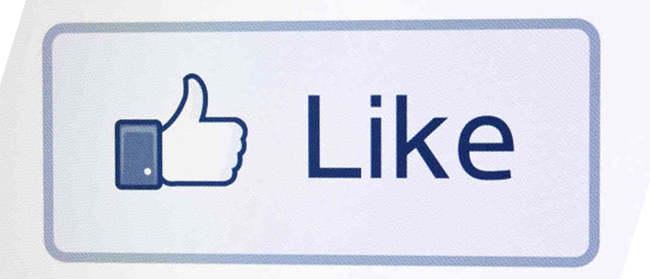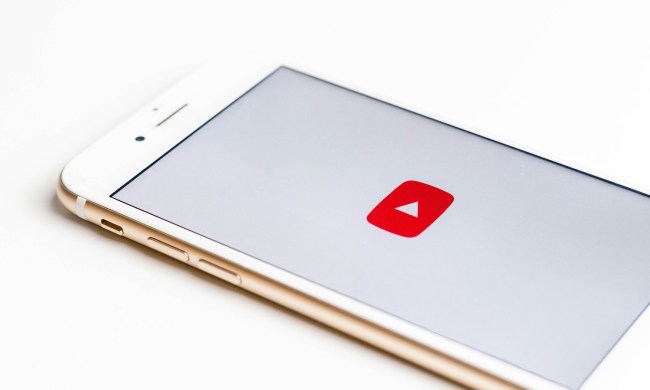Clicking ‘like’ on Facebook should not be taken lightly. It could reveal how old you are, where you’re from, your habits and vices, your biological and preferred gender, your spiritual and political beliefs, even your IQ and happiness level – all without you knowing it. That’s what researchers at University of Cambridge found out, according to a study published in the Proceedings of the National Academy of Sciences yesterday.
Lots of research went into forming the algorithms that will eventually determine “highly sensitive personal attributes including: sexual orientation, ethnicity, religious and political views, personality traits, intelligence, happiness, use of addictive substances, parental separation, age, and gender.” Over 58,000 willing participants subjected themselves to the study, agreeing to take IQ tests, allowing access to their public Facebook likes, and taking a personality test on questionnaire app My Personality, which is incidentally owned by Cambridge researcher David Stillwell, one of the study’s authors. According to Mercury News, like many Facebook app developers, Stillwell has profited from My Personality, but the exact amount of his returns was not disclosed.
University of Cambridge psychometrician Michal Kosinski, who was also involved in the study, believes that it reveals a hodgepodge of interesting facts about test subjects, and possibly everyone else on Facebook. “We’re able to predict personality with kind of mind-blowing accuracy,” Kosinski said, according to LiveScience.
Some examples cited in the study are actually pretty obvious: if you like Mac Cosmetics, Wicked: The Musical, and the No H8 Campaign, chances of you being a gay man is high. Other results – likes for Thunderstorms, The Colbert Report, Science, and Curly Fries have been found to predict high intelligence – are not as apparent: as far as we know, liking curly fries doesn’t guarantee high IQ. Curious about what your Facebook likes might say about you? This supplemental page to the study outlines various Facebook pages that have been found most prophetic when it comes to your personality.
What does this all mean? While advertisers and service providers might use this wealth of information to better serve consumers with well-targeted products, this might open flood gates to an even bigger problem: governments might use it to spy on their citizens. “I hope this paper, because I love Facebook, would start a discussion about how to solve this issue,” Kosinski told LiveScience.
Facebook apps contribute a lot to exposing personal details about you. While it’s super fun to find out what an app says about you, it also is important to know what your Facebook profile might be telling your long list of contacts.


